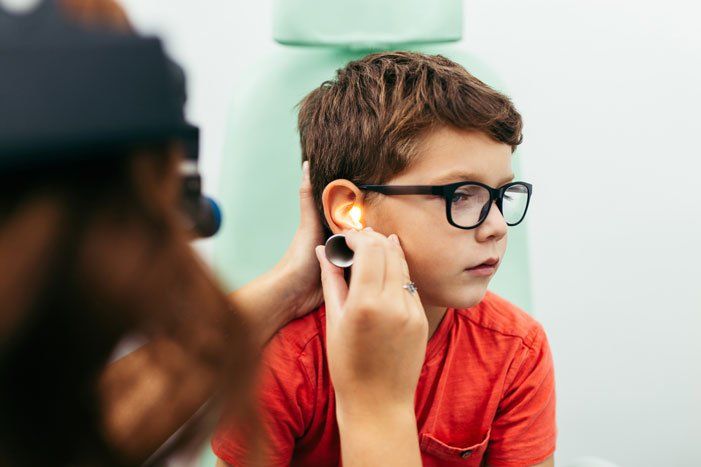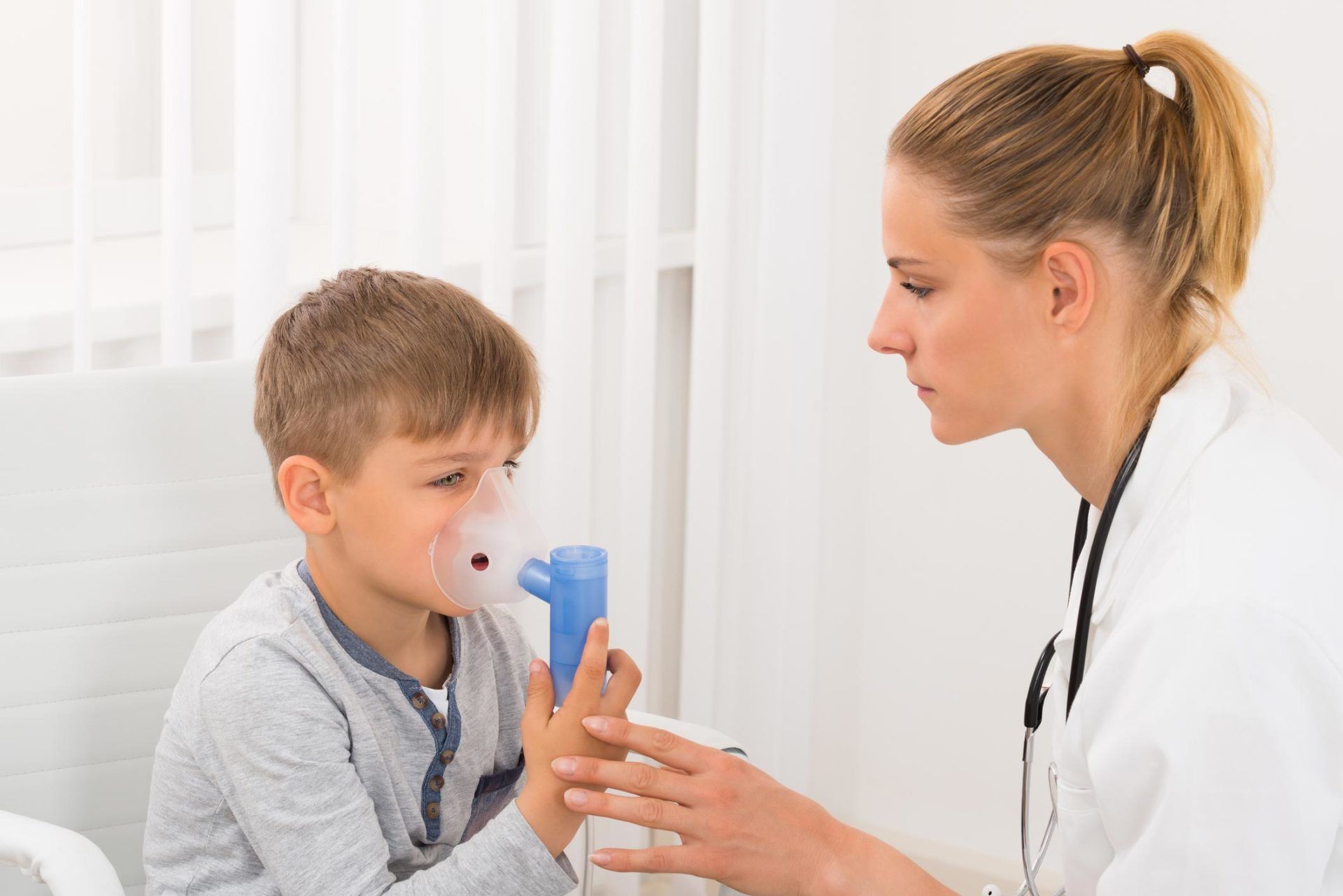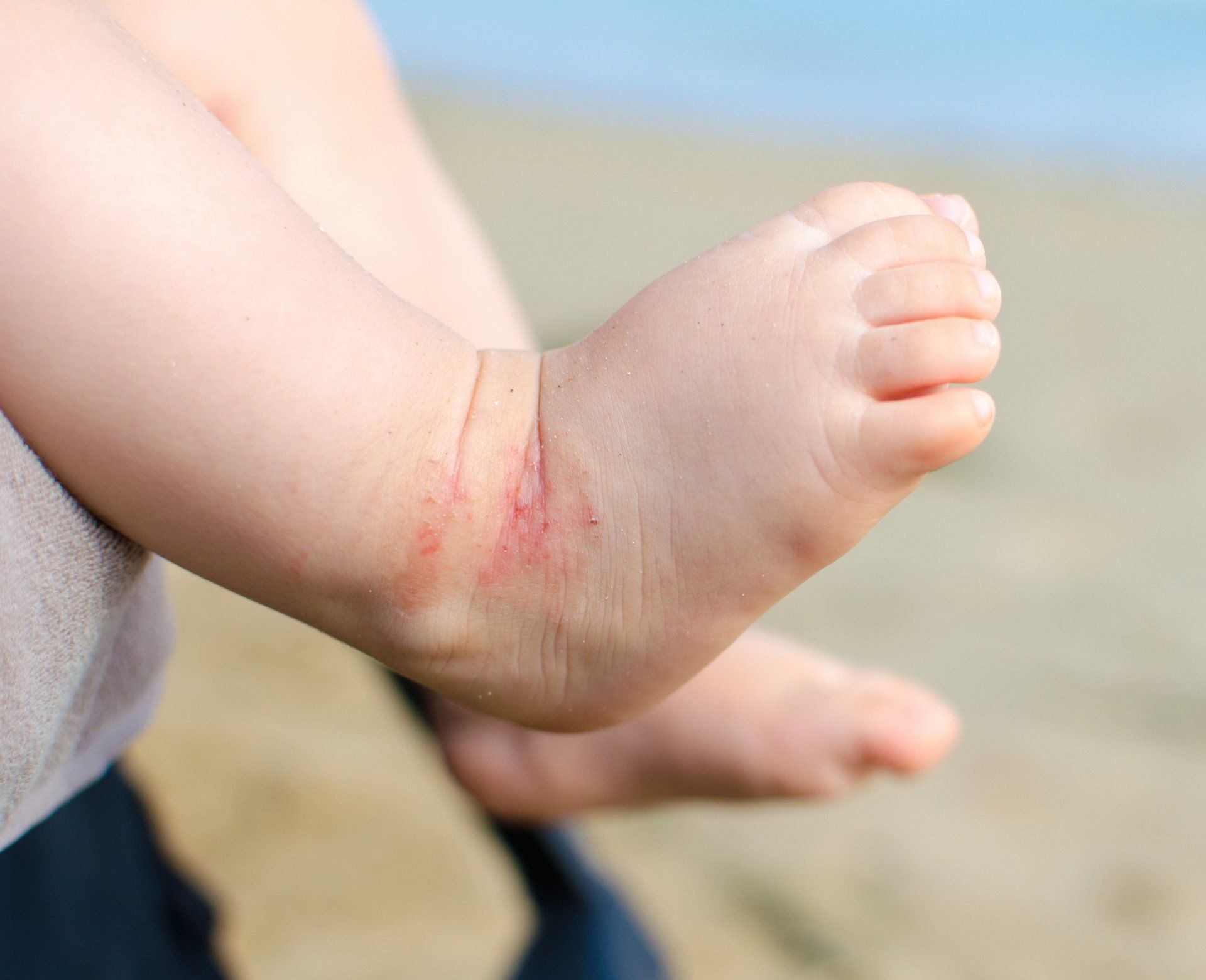Type 1 Diabetes Risk Factors
Type 1 diabetes risk factors differ greatly from type 2 diabetes risk factors. While you can reduce the chance that your child will develop type 2 diabetes by encouraging them to eat a healthy diet and maintain a healthy weight, type 1 diabetes can occur in otherwise very healthy children.
While medical researchers still do not know why some children develop type 1 diabetes and others do not, they believe that genetics do play a role in disease development. However, not all children with siblings or parents who suffer from type 1 diabetes will develop the disease.
In addition, since type 1 diabetes occurs when a child's body mistakenly attacks insulin-producing cells in their pancreas, researchers now believe that children who catch certain viruses may be more prone to type 1 diabetes development.
When children catch the German measles, mumps, or coxsackie viruses, their immune systems may be triggered to malfunction and turn against their bodies, including their pancreas cells.
While you cannot control your child's genetics, ensuring they obtain their required immunizations against these viruses may be able to help reduce the chance that they will develop type 1 diabetes.
The First Signs of Juvenile-Onset Diabetes
While juvenile-onset diabetes can slowly develop over the course of many years, your child may not experience symptoms until their pancreas stops producing insulin completely. This can occur very abruptly and trigger the following symptoms:
- Constant thirst and a frequent urge to urinate
- Blurry vision
- Sudden weakness and/or tiredness
- Irritability
- Nausea that can lead to vomiting
- Weight loss even when eating plenty of food
If you notice one or more signs of type 1 diabetes in your child, inform your child's pediatrician immediately, especially if type 1 diabetes runs in your family.
When your child begins to develop these symptoms, it means that their pancreas is no longer producing insulin and their blood sugar is likely skyrocketing. This can quickly lead to diabetic ketoacidosis, which can cause unconciousness or even death when left untreated.
Type 1 Diabetes Treatment
After your pediatrician diagnoses your child with type 1 diabetes, your child can live a normal, healthy life with proper treatment.
Your child's physician will help them create a diabetes meal plan that contains a proper balance of carbohydrates, protein, and fat. Your child will also be prescribed insulin injections, since their body cannot create insulin on its own. Depending on your child's age, their pediatrician may teach you how to administer their injections or both you and your child.
Complications of Uncontrolled Type 1 Diabetes
It is very important to ensure your child sticks to their diabetes treatment plan to avoid diabetes complications that can develop when blood sugar is not controlled well. Diabetes complications can include kidney disease, cardiovascular disease, eye disease in the form of diabetic retinopathy, diabetic neuropathy, and poor wound healing.
Keeping your child's blood sugar in the healthy range is the main key to preventing many of these type 1 diabetes complications. However, eating a healthy diet filled with nutrients and regular exercise can also help ward off these complications.
While there is a genetic component to the development of type 1 diabetes, realize that it can develop in any child. Be aware of the juvenile-onset diabetes risk factors and symptoms and reach out to a
pediatrician
, such as Y.H. Parikh & Associates, if you suspect that your child may be developing this disease.








